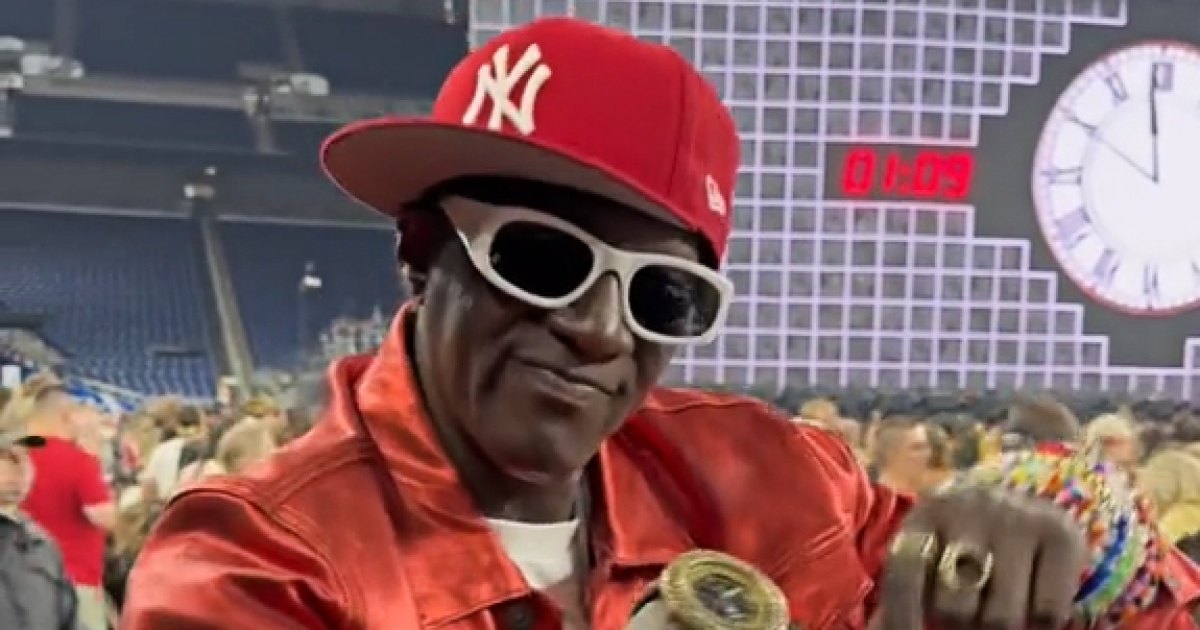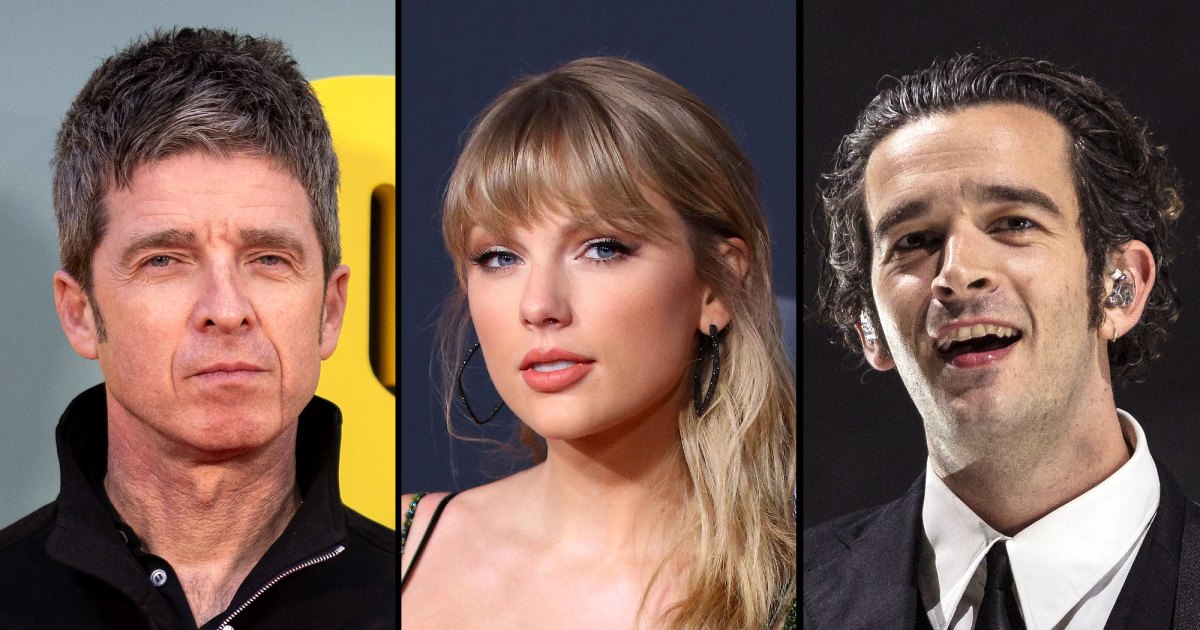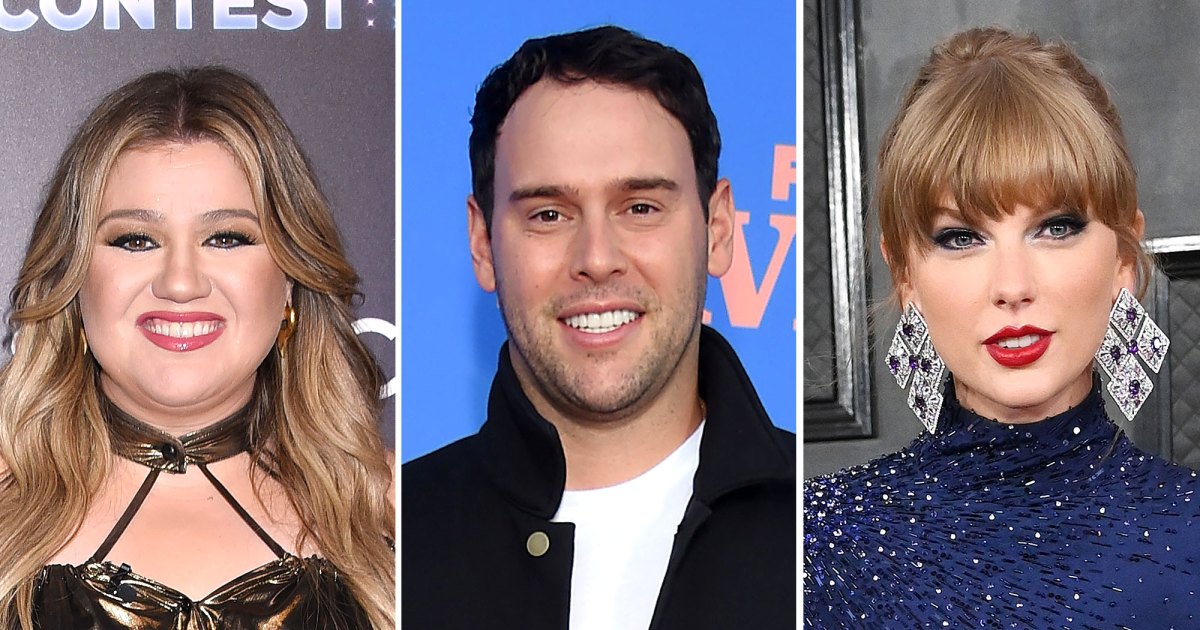
Taylor Swift: The Legal Battle Against Artificial Intelligence-Made Images of Her Likeness

Taylor Swift could have a legal case regarding the sexually explicit images of her likeness that spread on the internet. Find out what the experts have to say about the legal implications and the potential for legislative change.
The Legal Implications
In recent news, the internet has been abuzz with the controversy surrounding sexually explicit images of Taylor Swift's likeness, generated by artificial intelligence and spread without her consent. This has sparked discussions about the legal implications and the potential for legal action against such unauthorized use of a public figure's image.
Taylor Swift Taking Legal Action Against Graphic AI Pics Could Be 'Impetus' for Legislative Change
Attorney Neama Rahmani, an expert in this field, shed light on the legal landscape surrounding this issue. He emphasized that the rapid advancement of technology has outpaced the law, leaving a void in addressing these specific concerns. Notably, there is a lack of federal legislation prohibiting the creation and dissemination of AI-generated images without consent. Only a handful of states, including California and New York, have existing or proposed laws addressing this issue, while others, including Tennessee, where Swift resides, do not have such legislation in place.
Rahmani highlighted the possibility of Taylor Swift pursuing legal recourse, particularly in states with laws that prohibit the unauthorized use of AI-generated images. In California, for instance, the potential for legal action exists, with the possibility of seeking up to $150,000 for each violation. This underscores the importance of state-specific laws in addressing this growing concern.
The Call for Legislative Change
Beyond the immediate legal considerations, there is a growing call for legislative change to address the broader issue of AI-generated images and their unauthorized dissemination. Rahmani emphasized the need for legislative action to keep pace with technological advancements and protect individuals from the malicious use of their likeness.
The lack of comprehensive legislation at the federal level has prompted discussions about the need for swift action to address this gap. The potential for Taylor Swift's case to serve as a catalyst for legislative change has been highlighted, with the hope that it will spur other states to enact laws that safeguard individuals from the unauthorized creation and dissemination of AI-generated images.
The support for legislative measures to prevent the exploitation of AI-generated images has been echoed by industry organizations, including SAG-AFTRA. Their statement emphasized the need to make the creation and dissemination of fake images, especially those of a lewd nature, illegal. This aligns with the broader societal call to regulate and control these technologies before they cause further harm.
Industry Response and Legislative Advocacy
The controversy surrounding the AI-generated images of Taylor Swift has sparked widespread industry response and advocacy for legislative measures. SAG-AFTRA, a prominent industry organization, expressed deep concern over the unauthorized dissemination of these images, emphasizing the need to protect performers from such exploitation.
Furthermore, the advocacy for legislative change has gained momentum, with the support for the Preventing Deepfakes of Intimate Images Act. This legislative proposal aims to address the exploitation of NSFW images crafted from fake photos, highlighting the urgency to curb the misuse of AI-generated images.
The swift action taken by social media platforms, such as X, to remove the unauthorized images of Taylor Swift underscores the importance of vigilance in combating the spread of such content. This proactive response aligns with the industry's commitment to safeguarding individuals from the harmful effects of AI-generated images.














